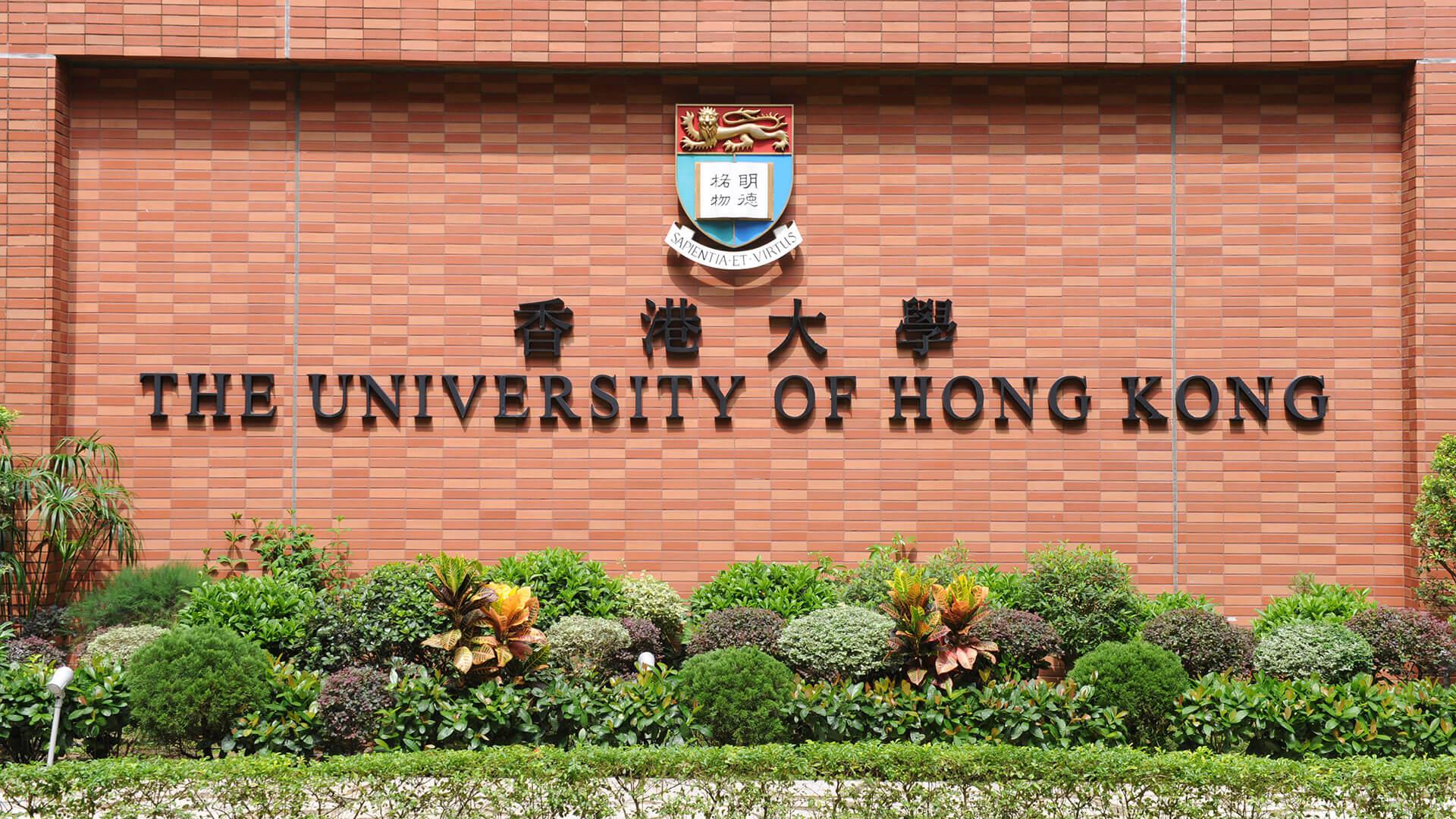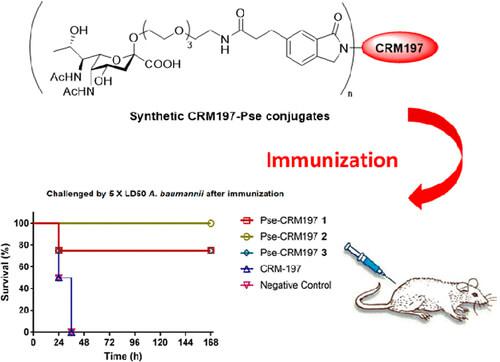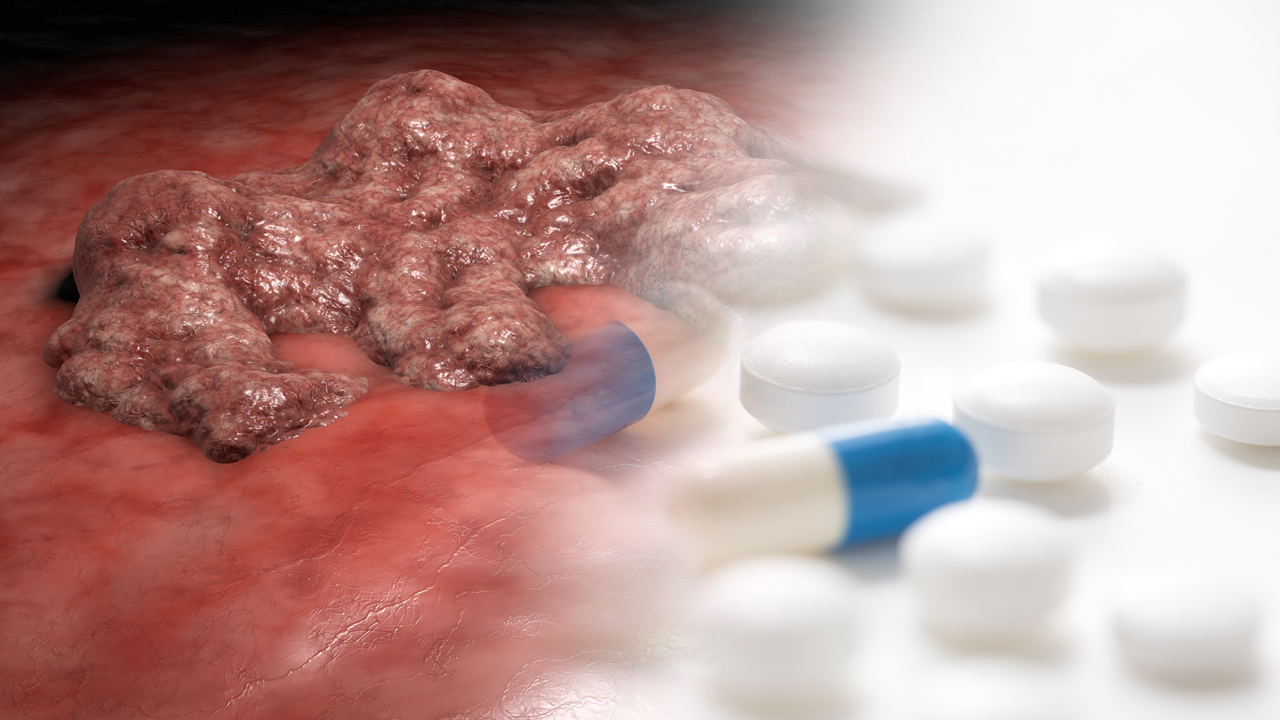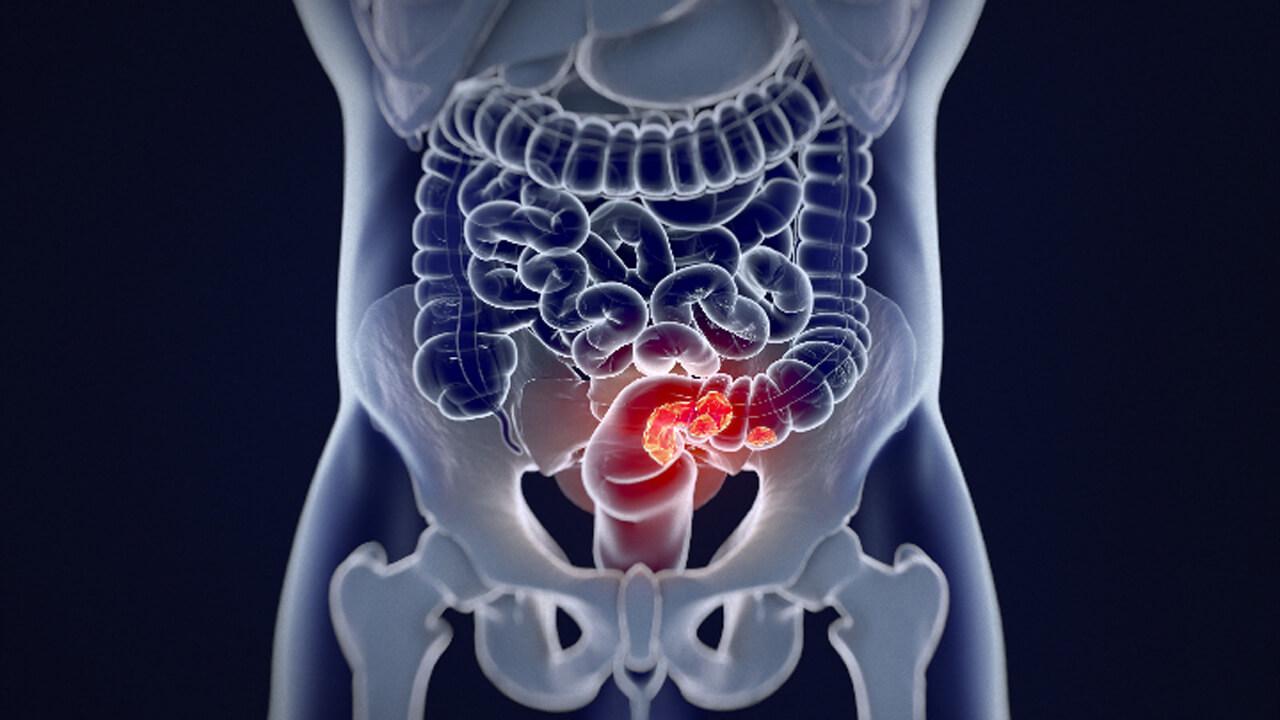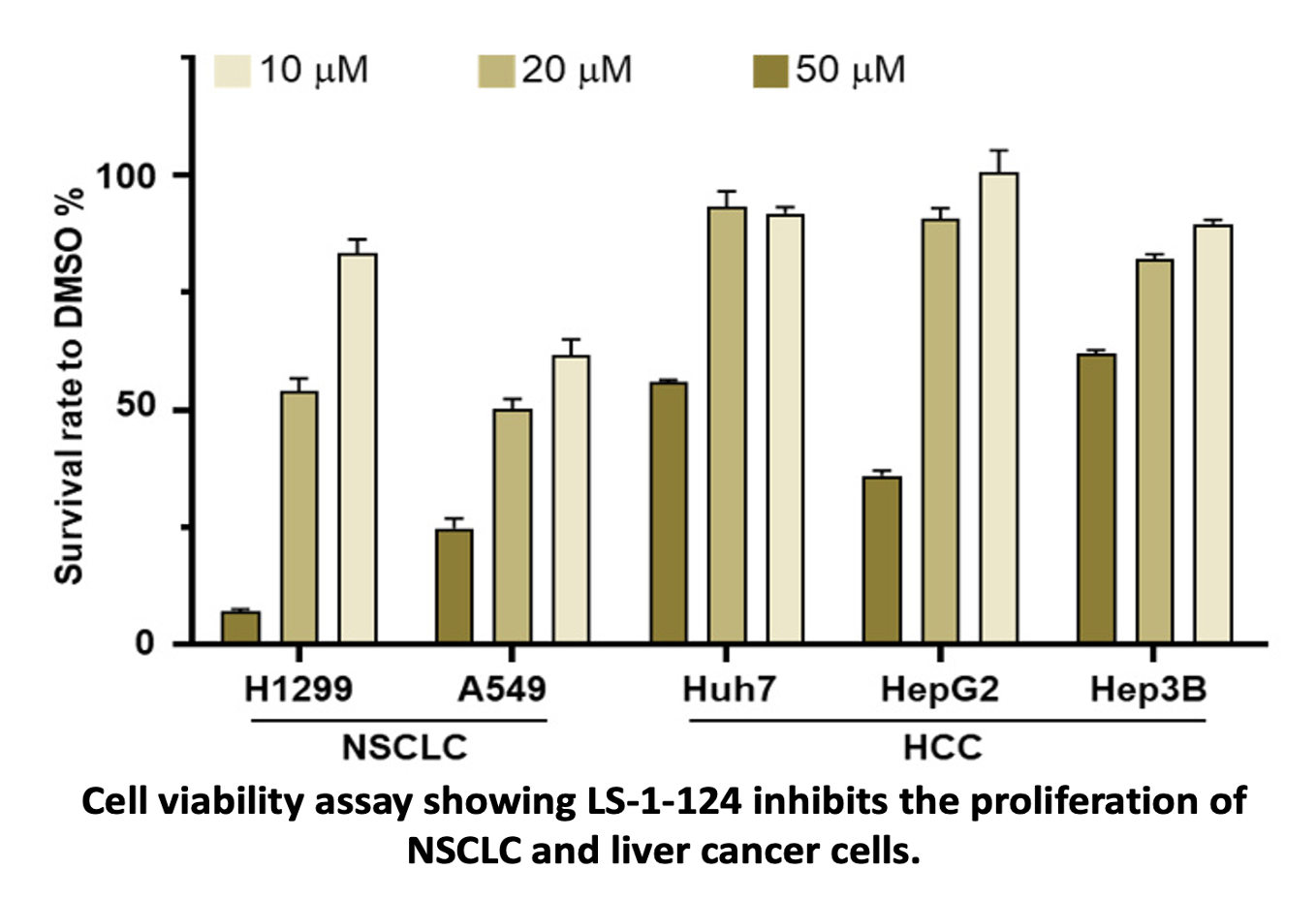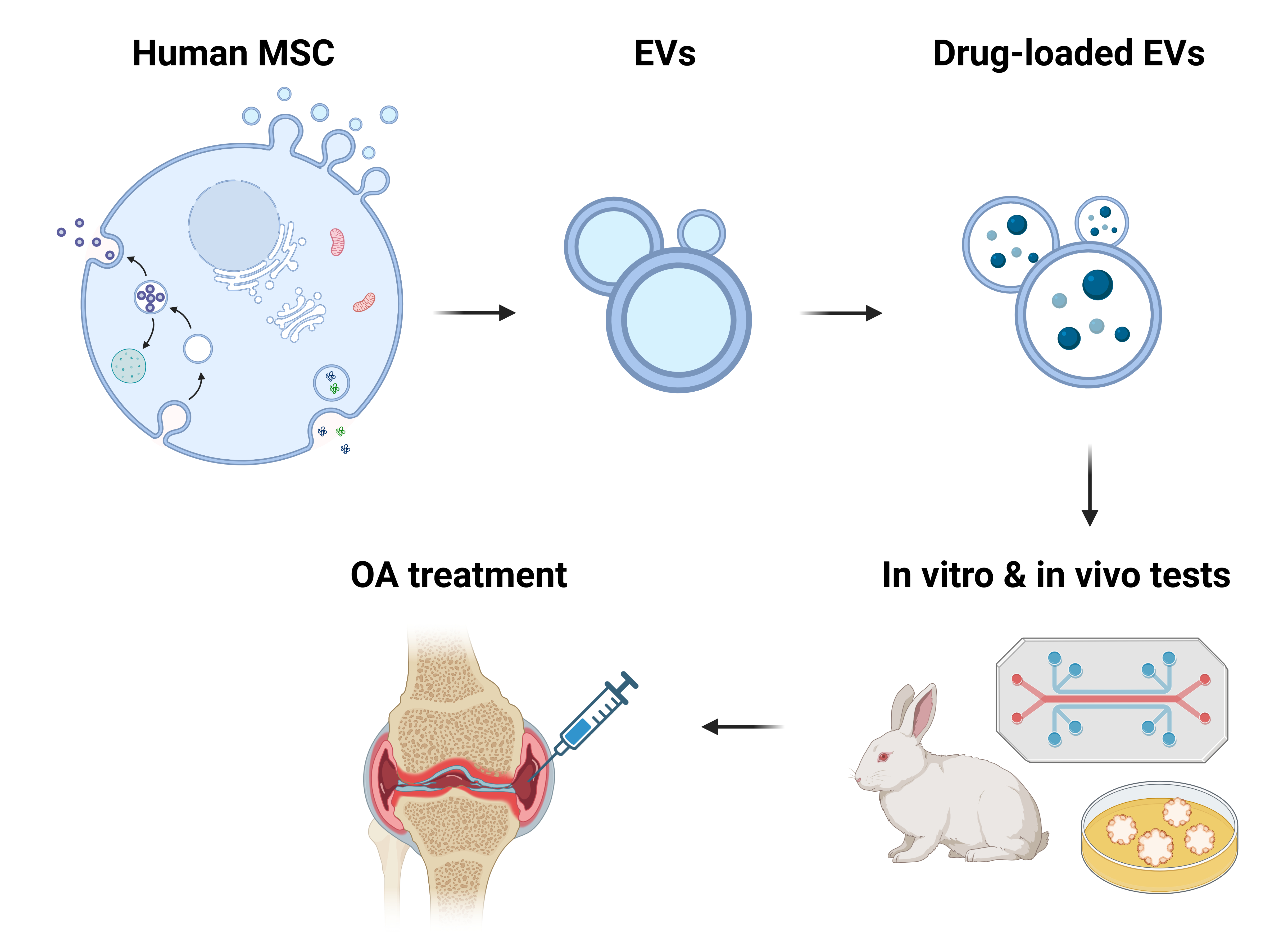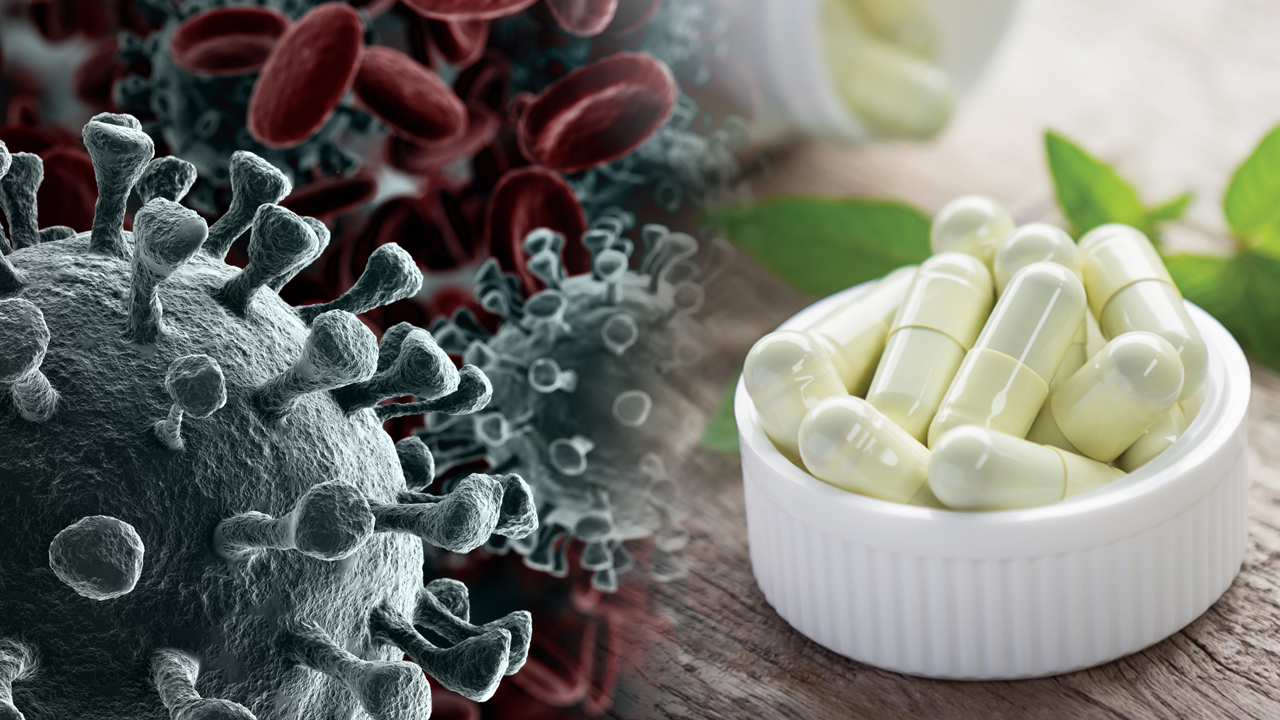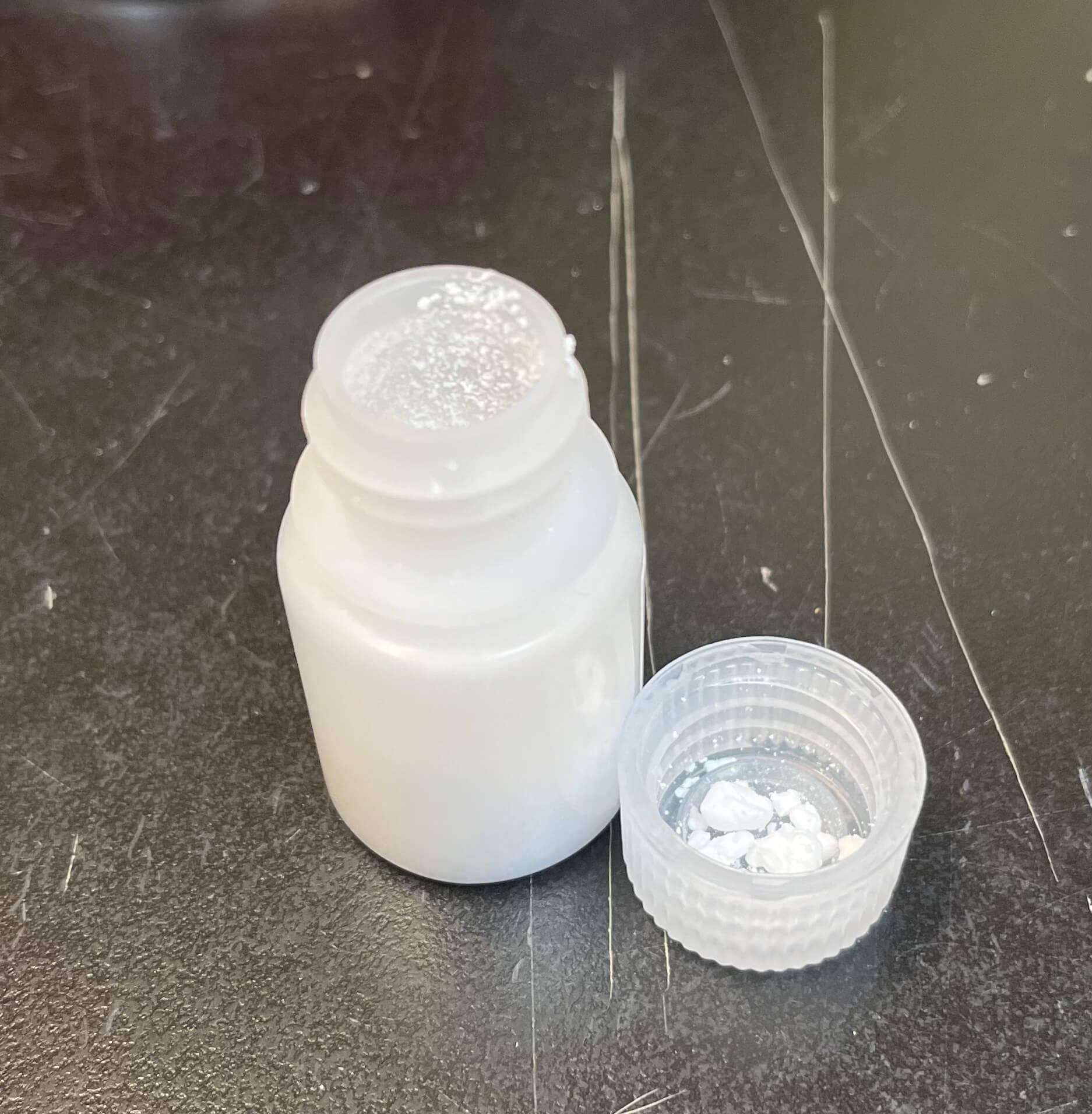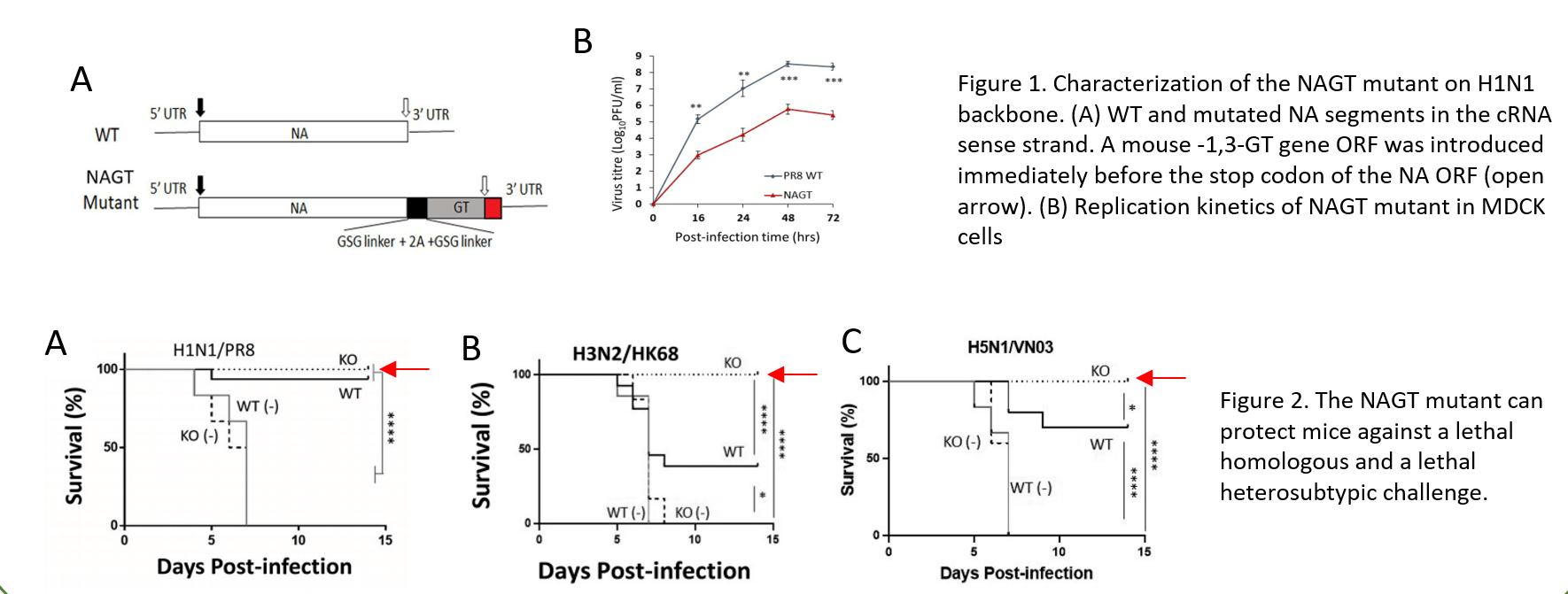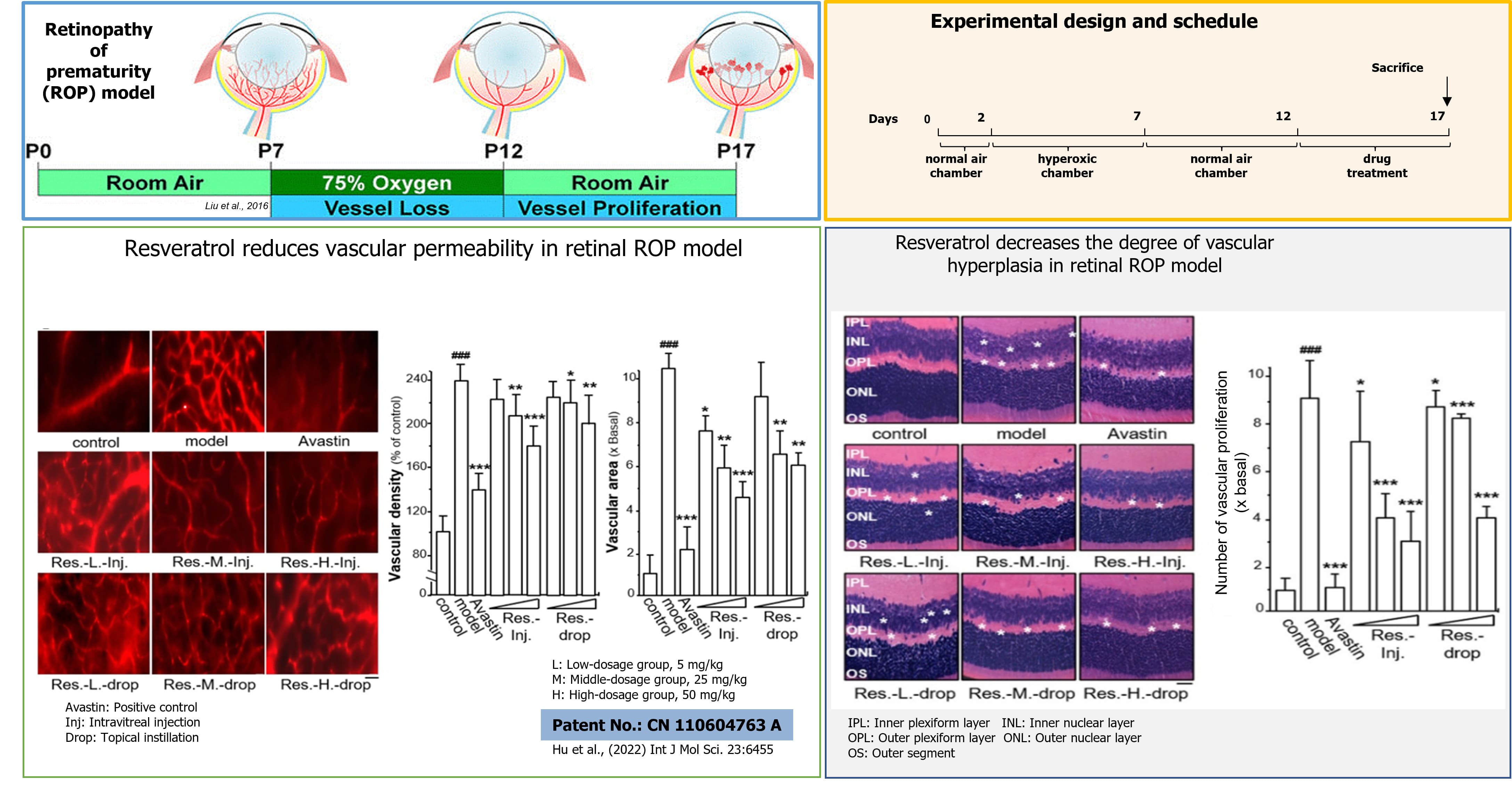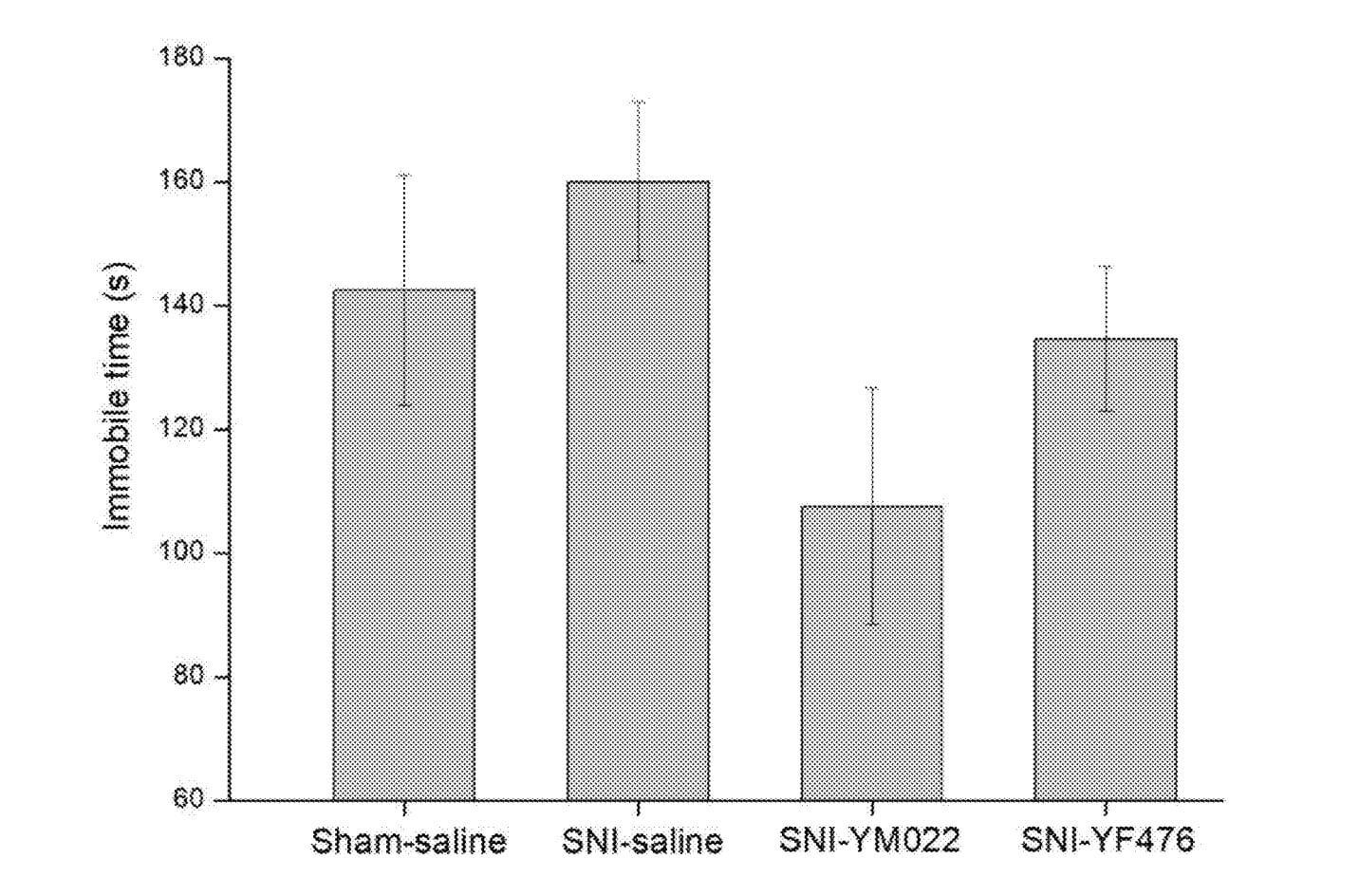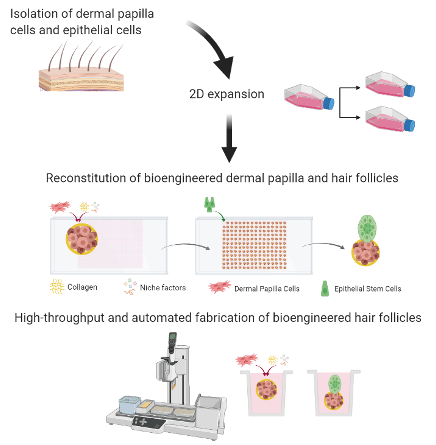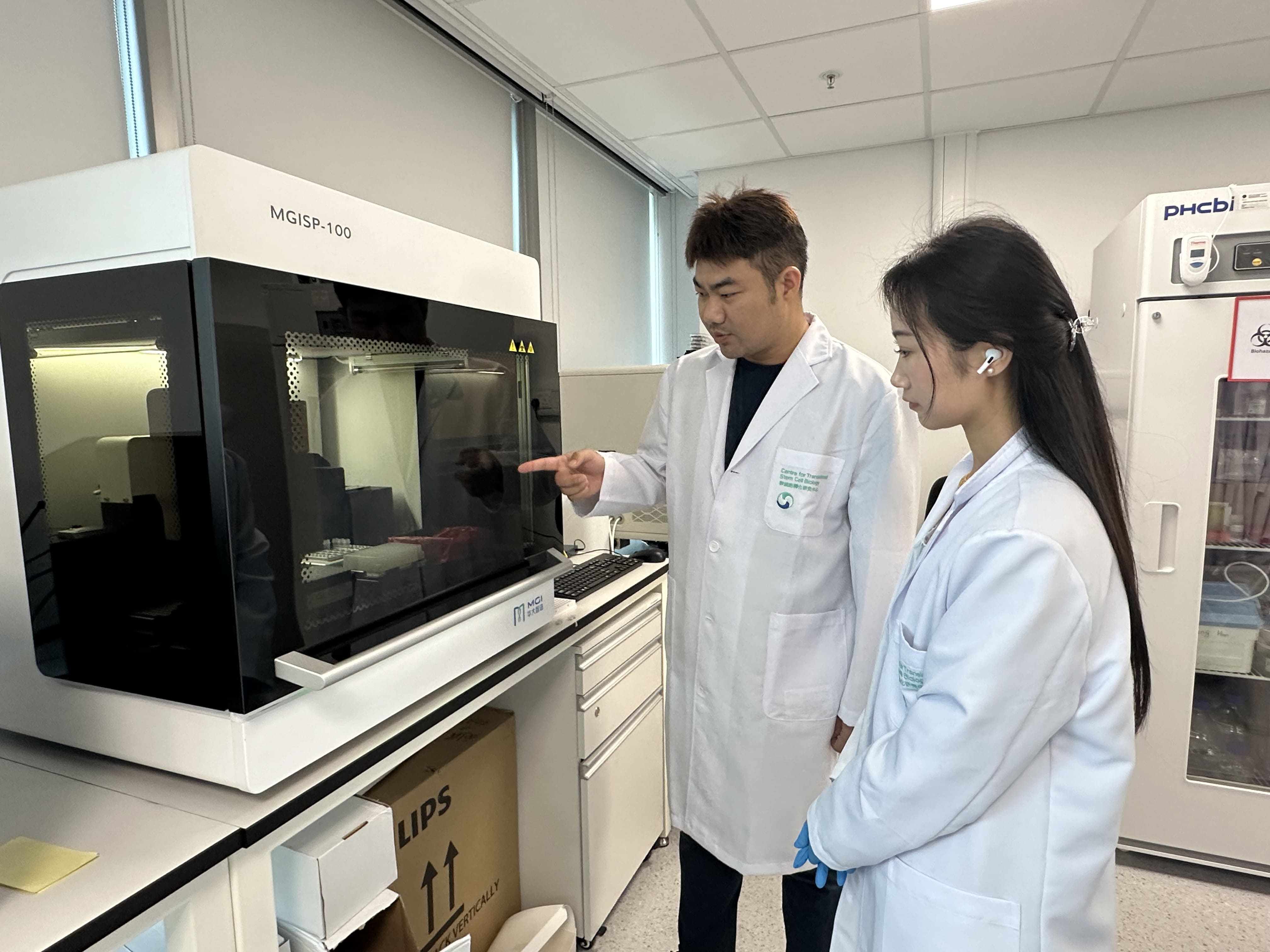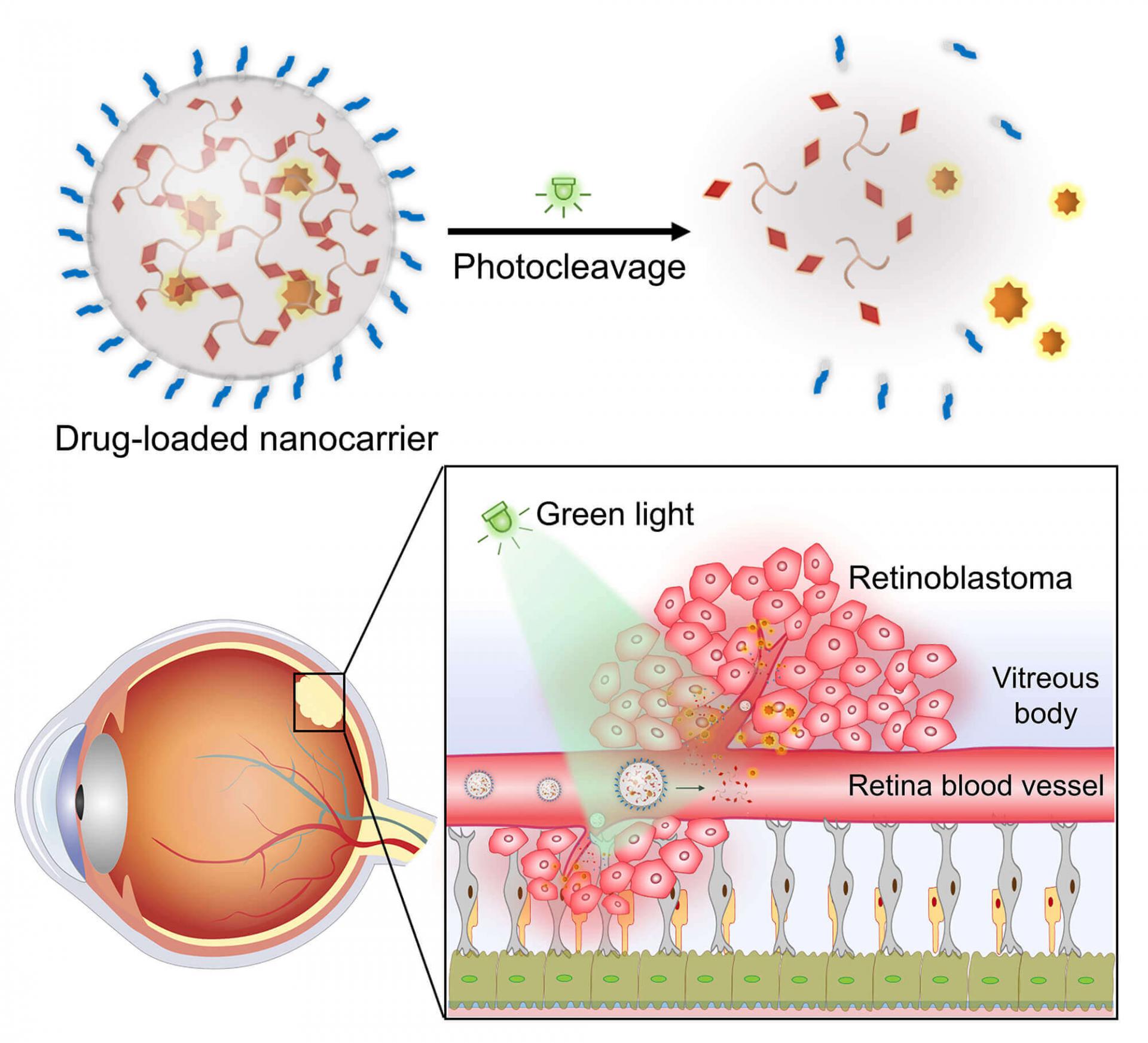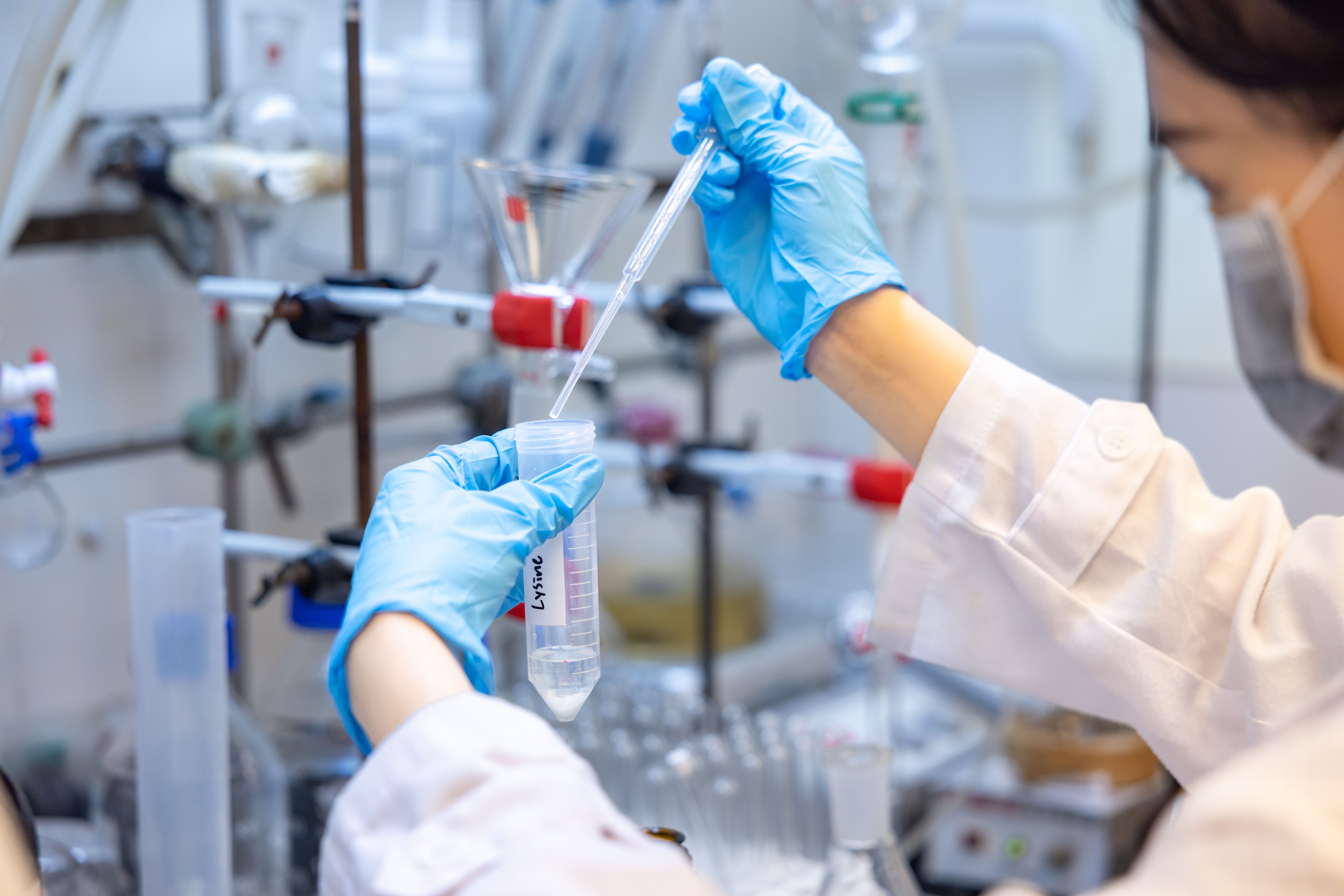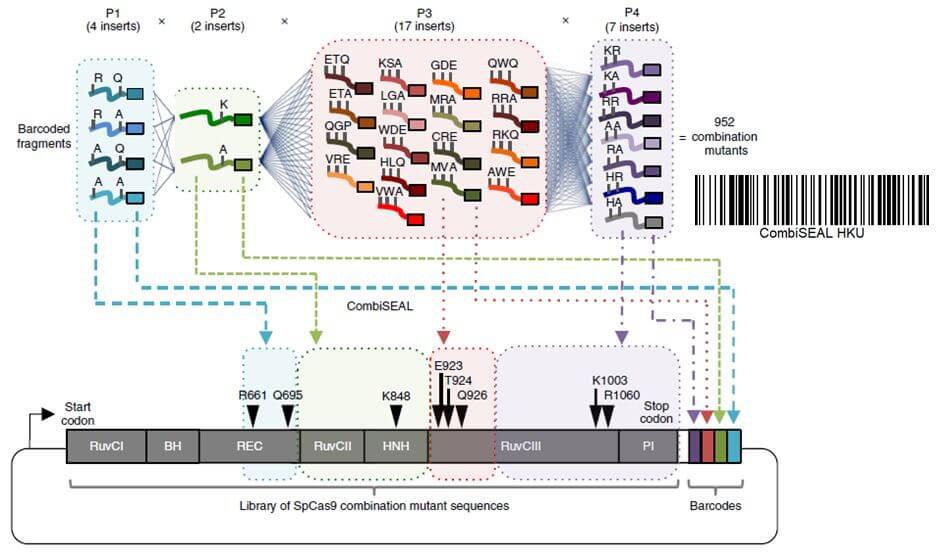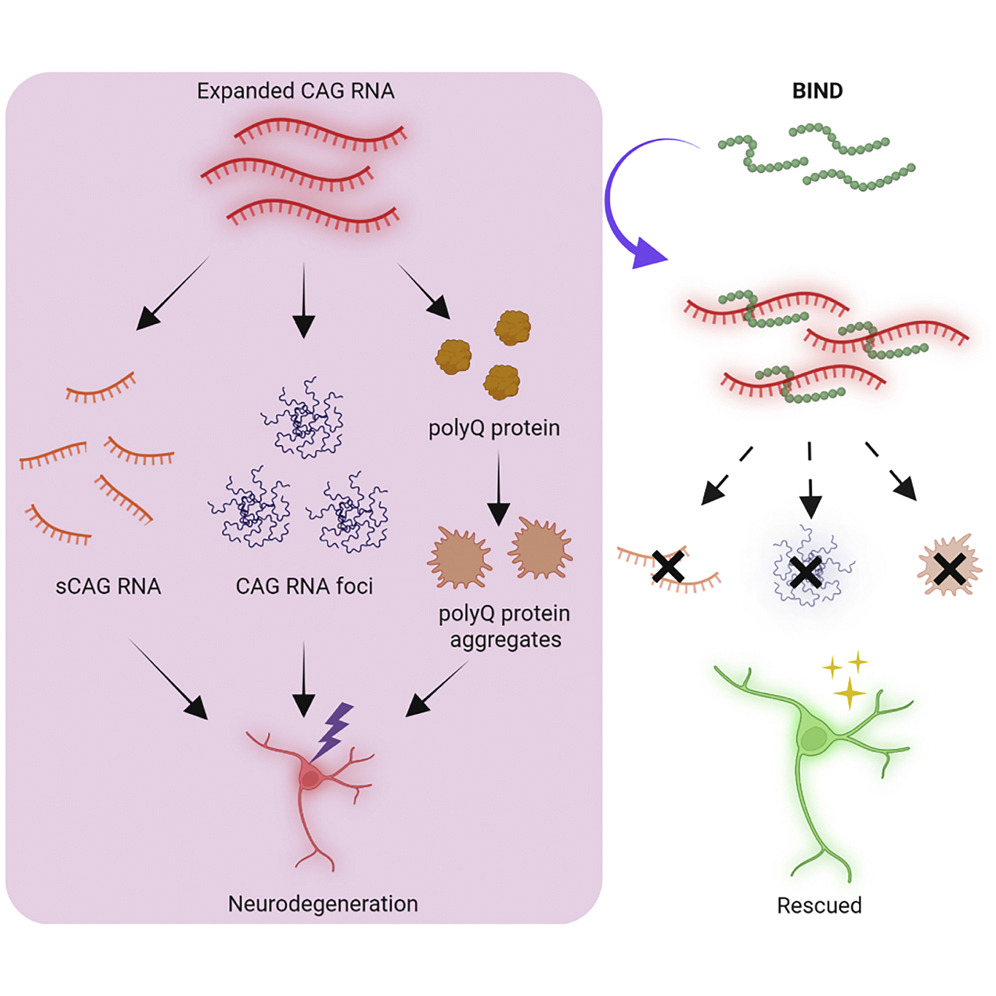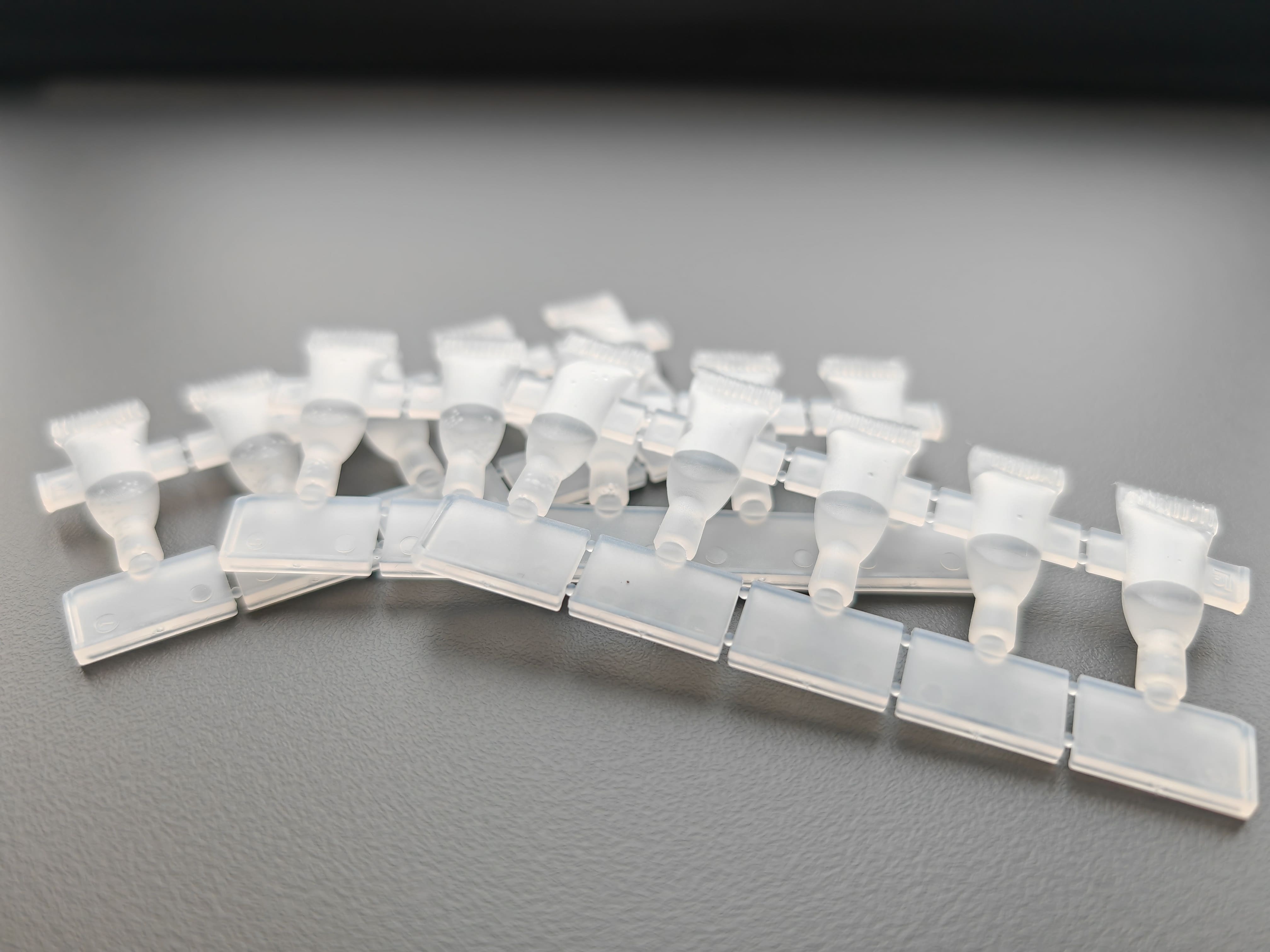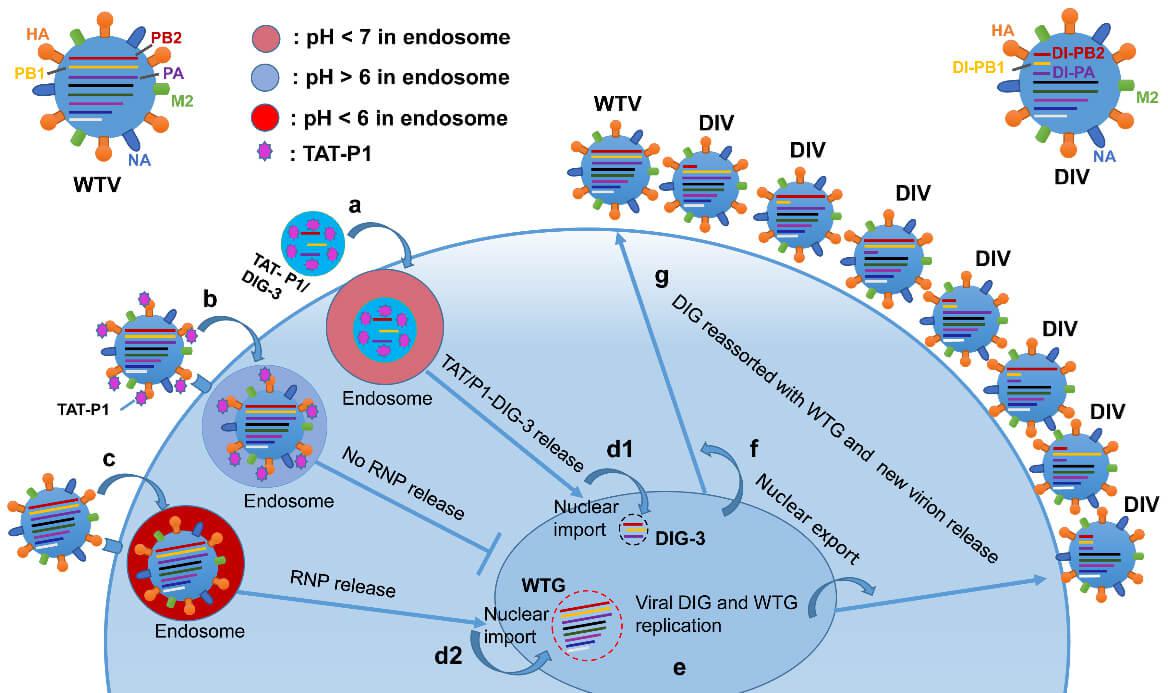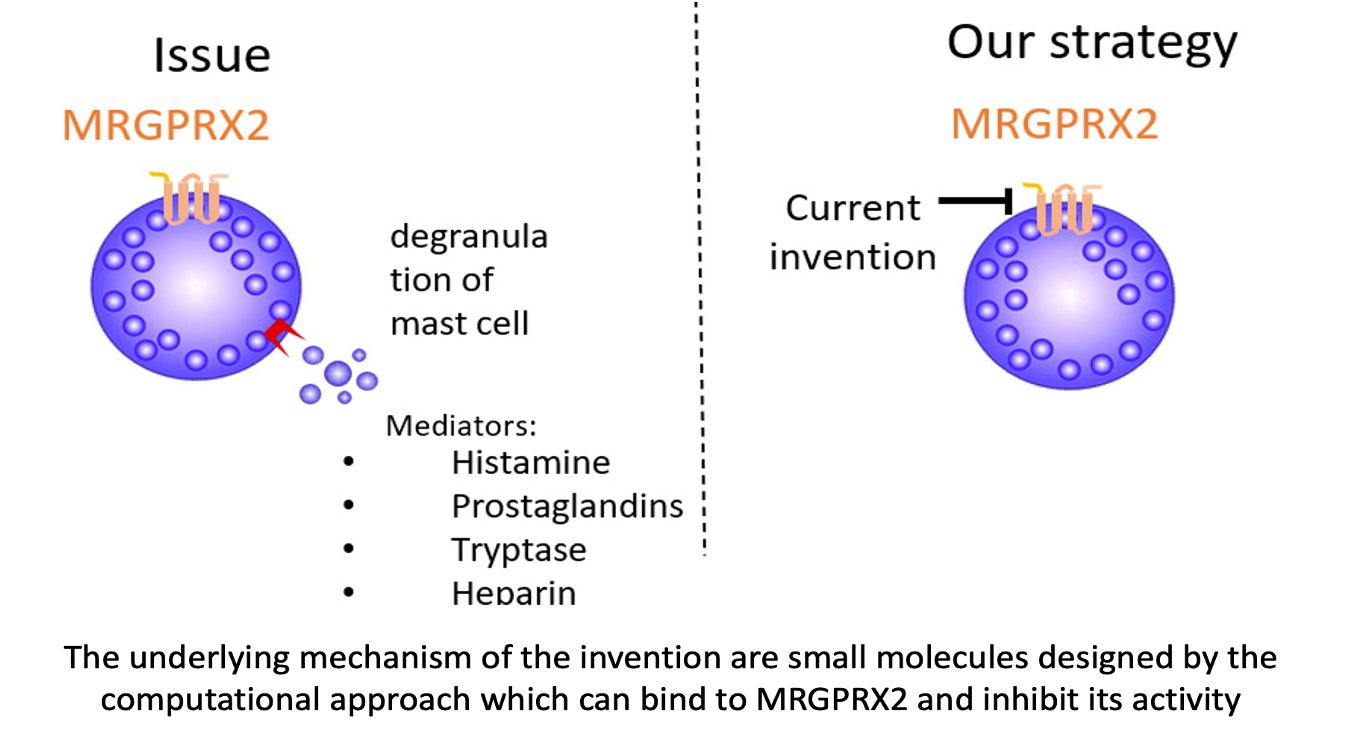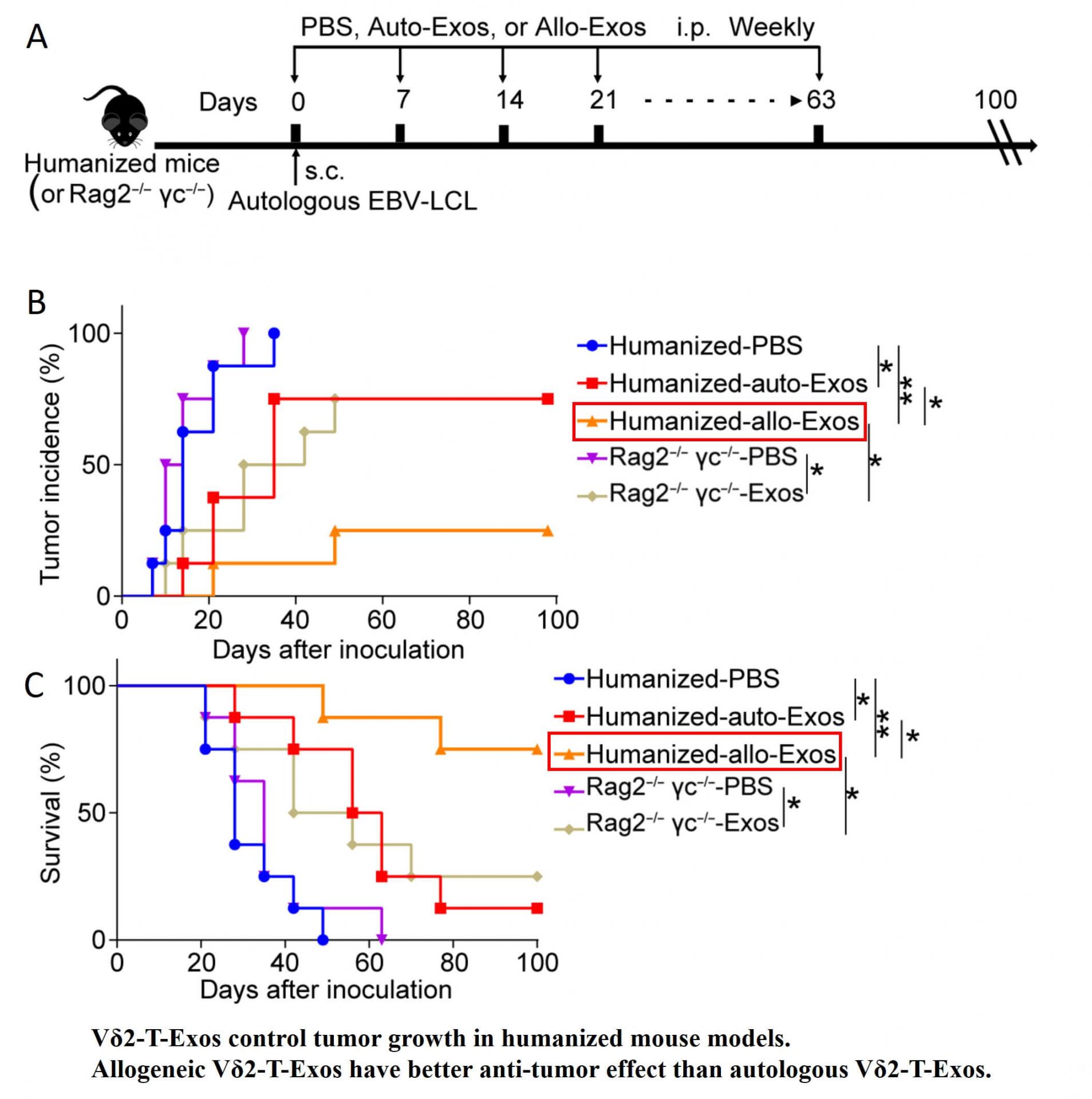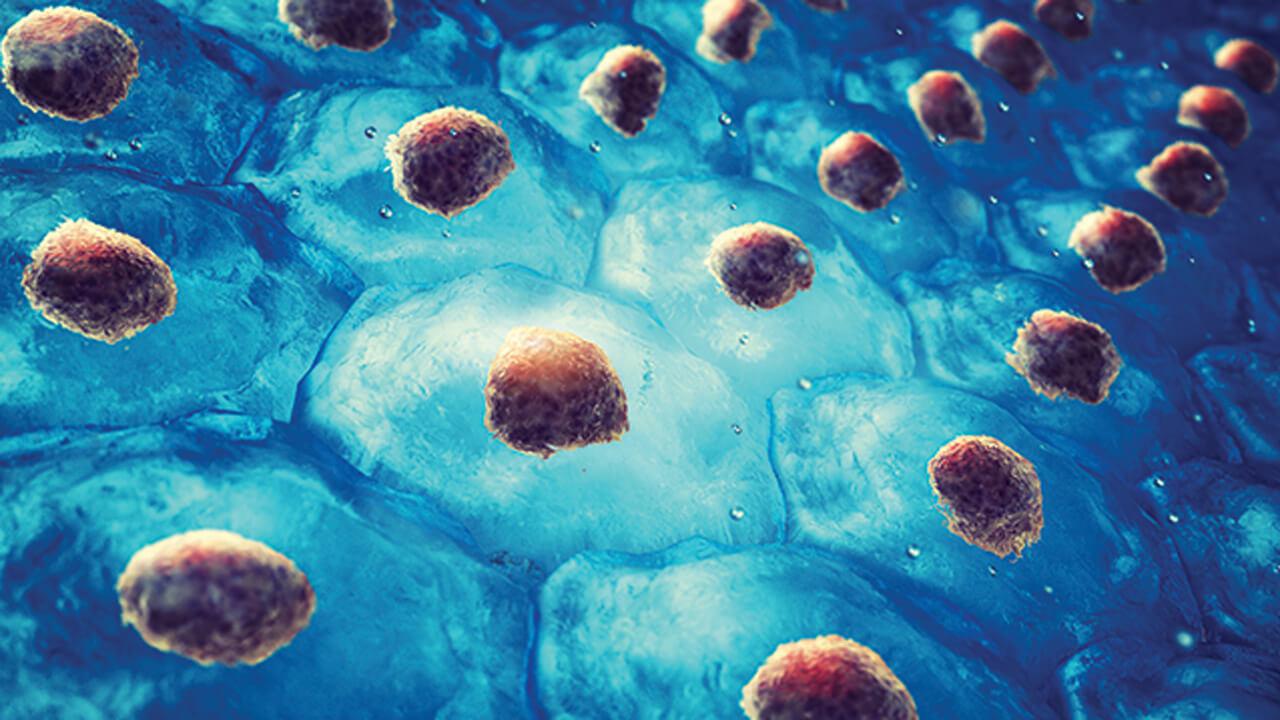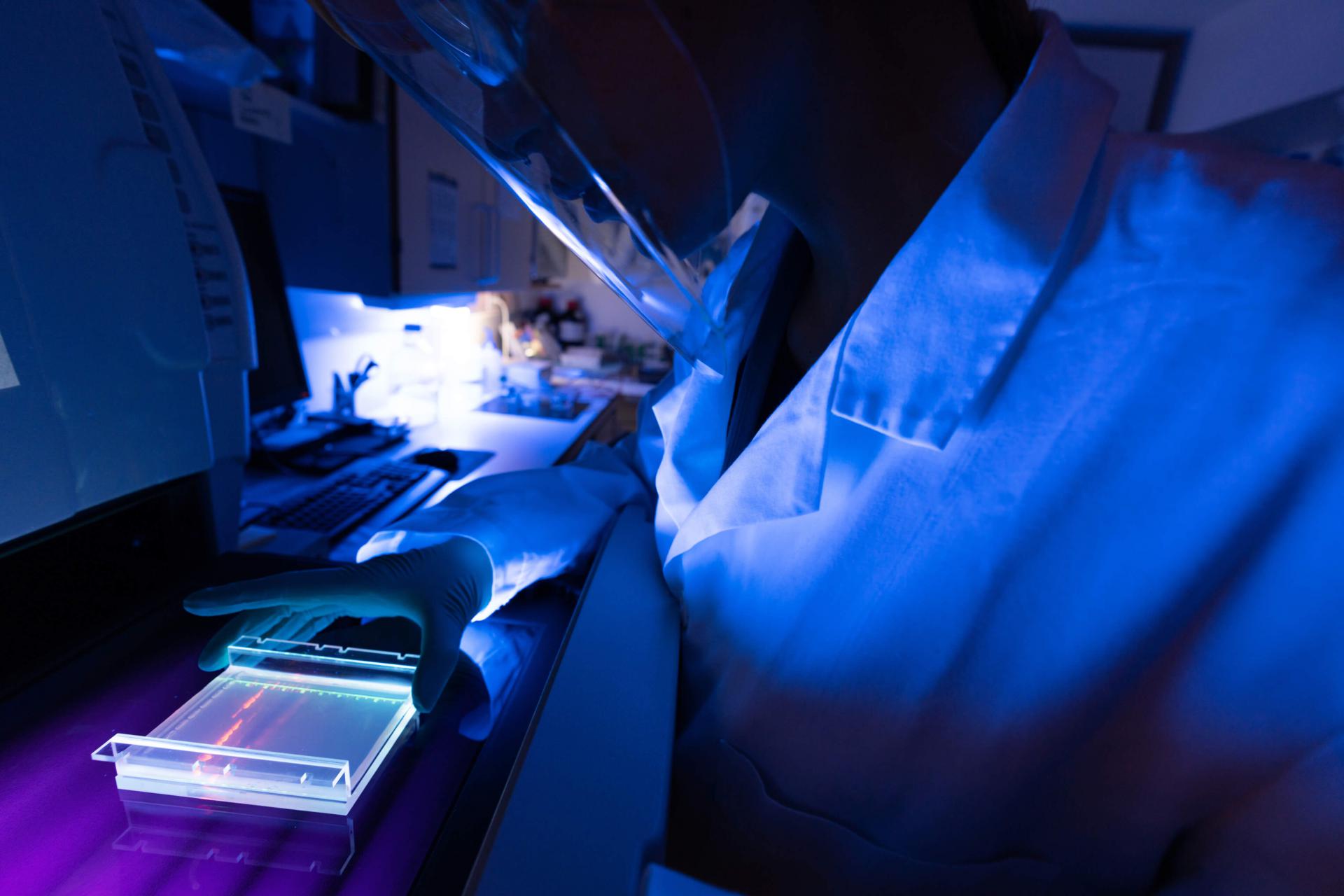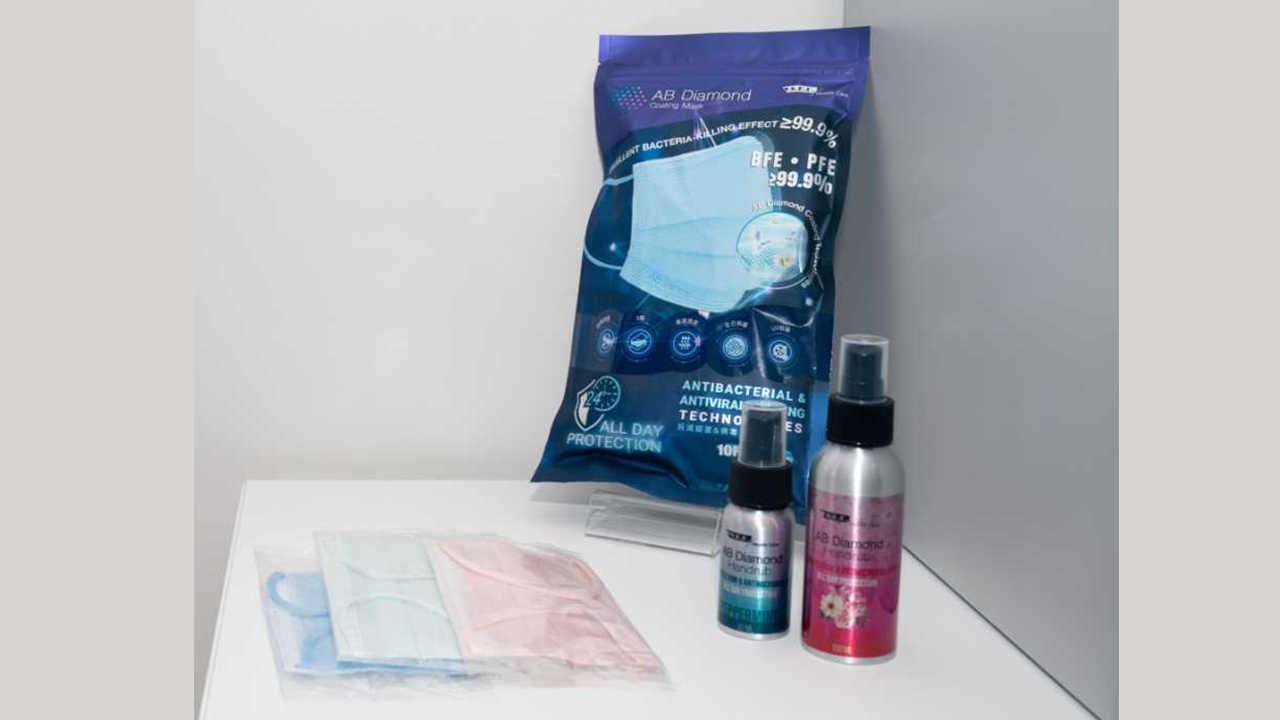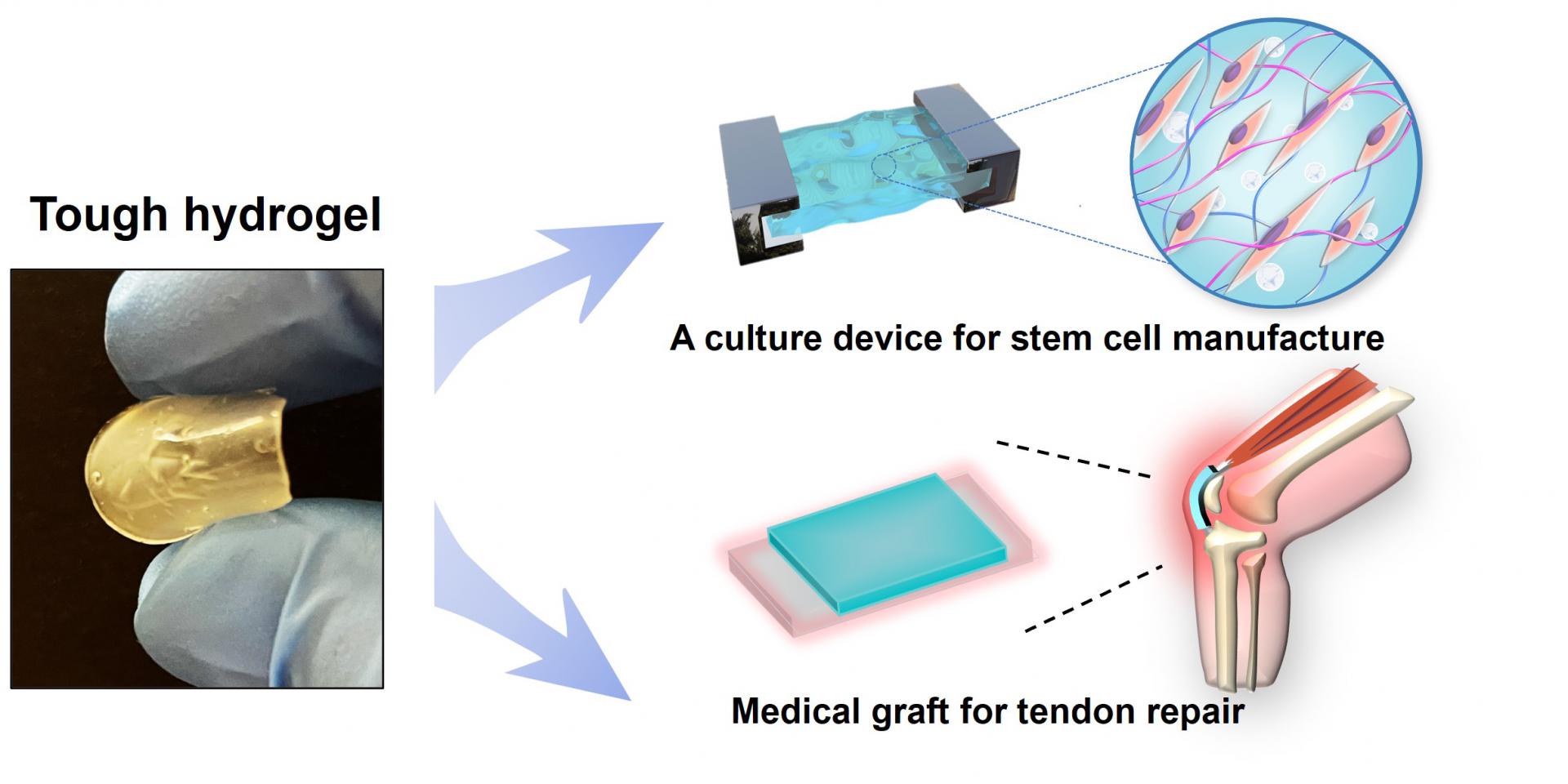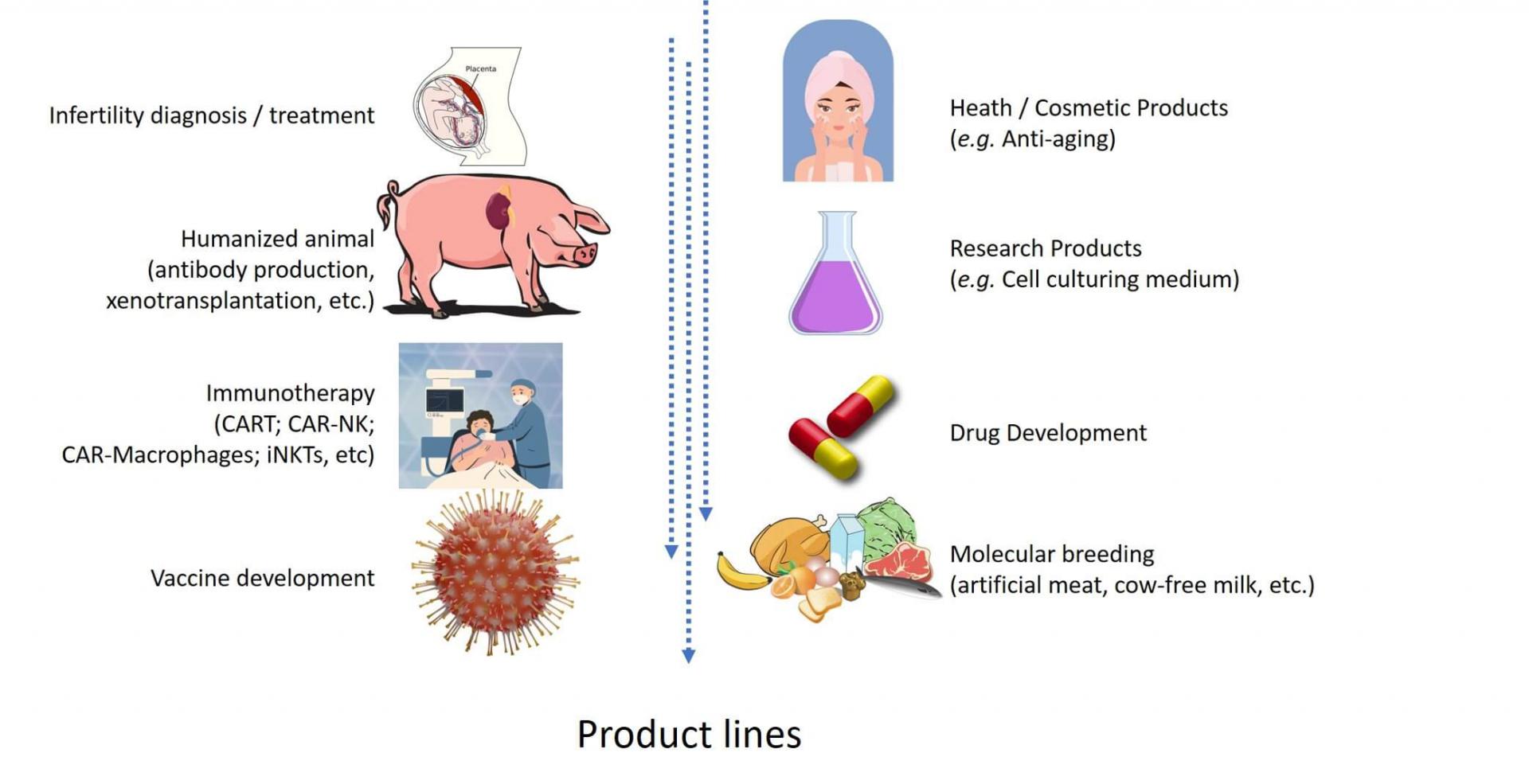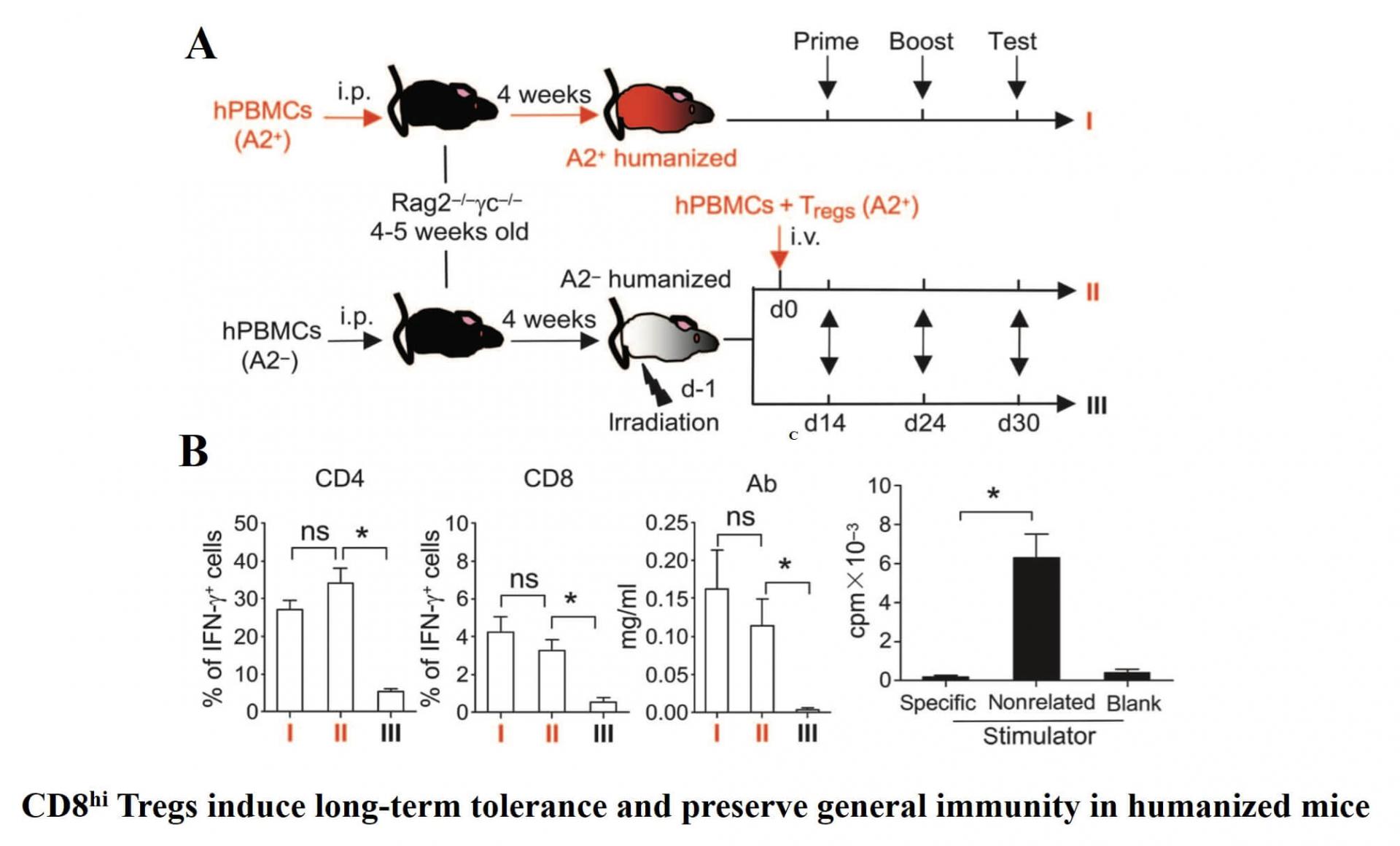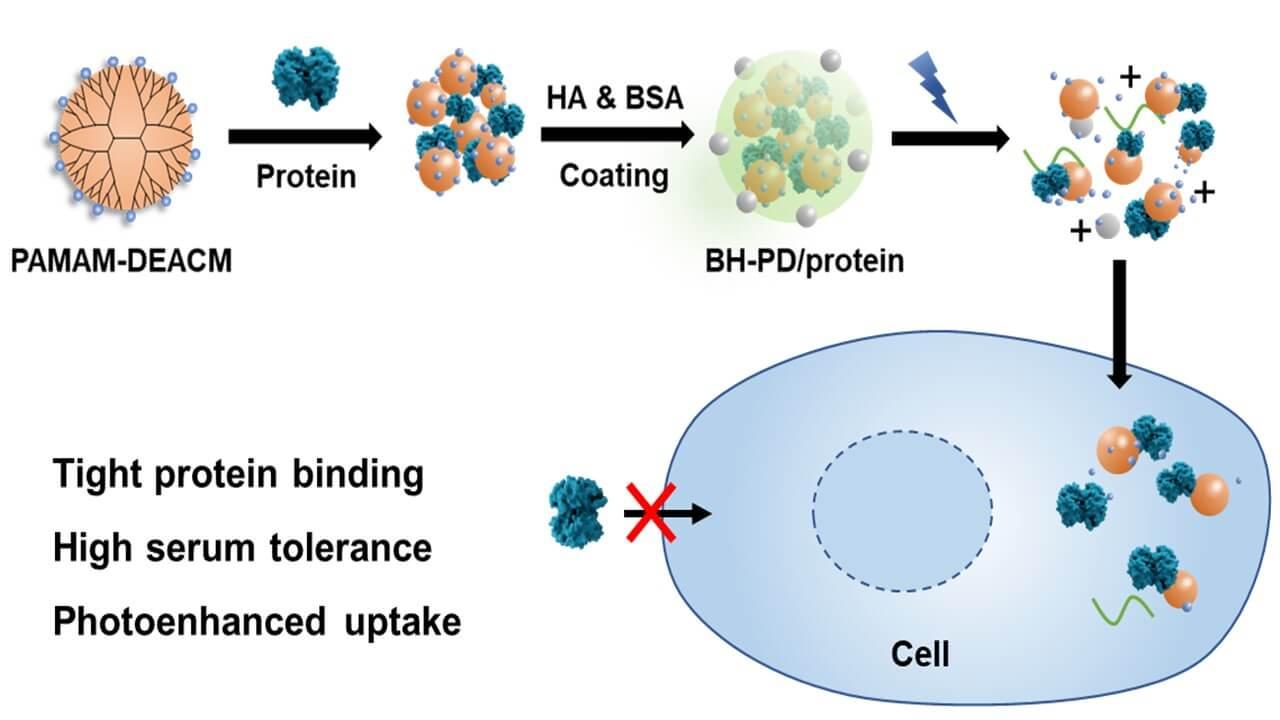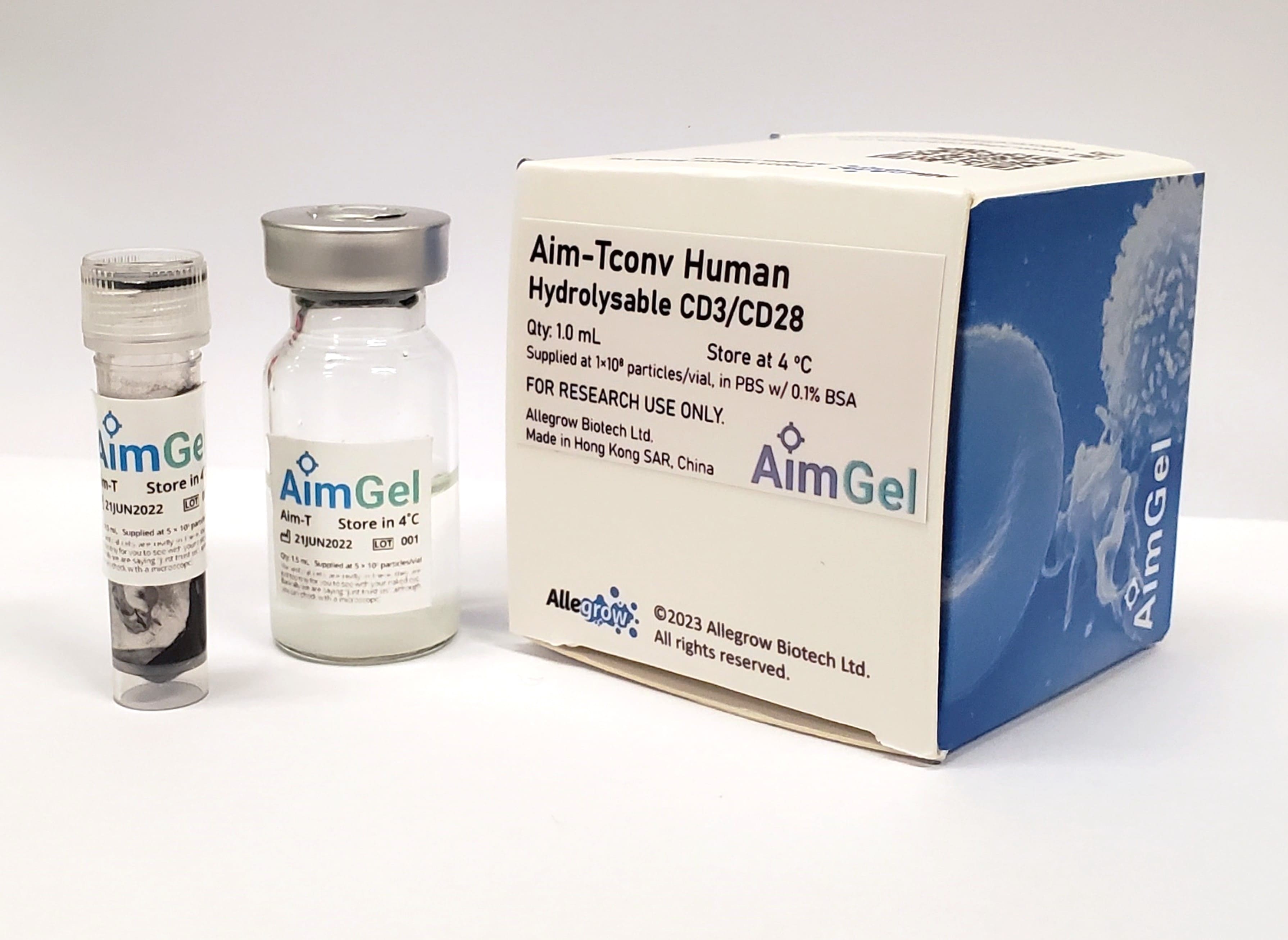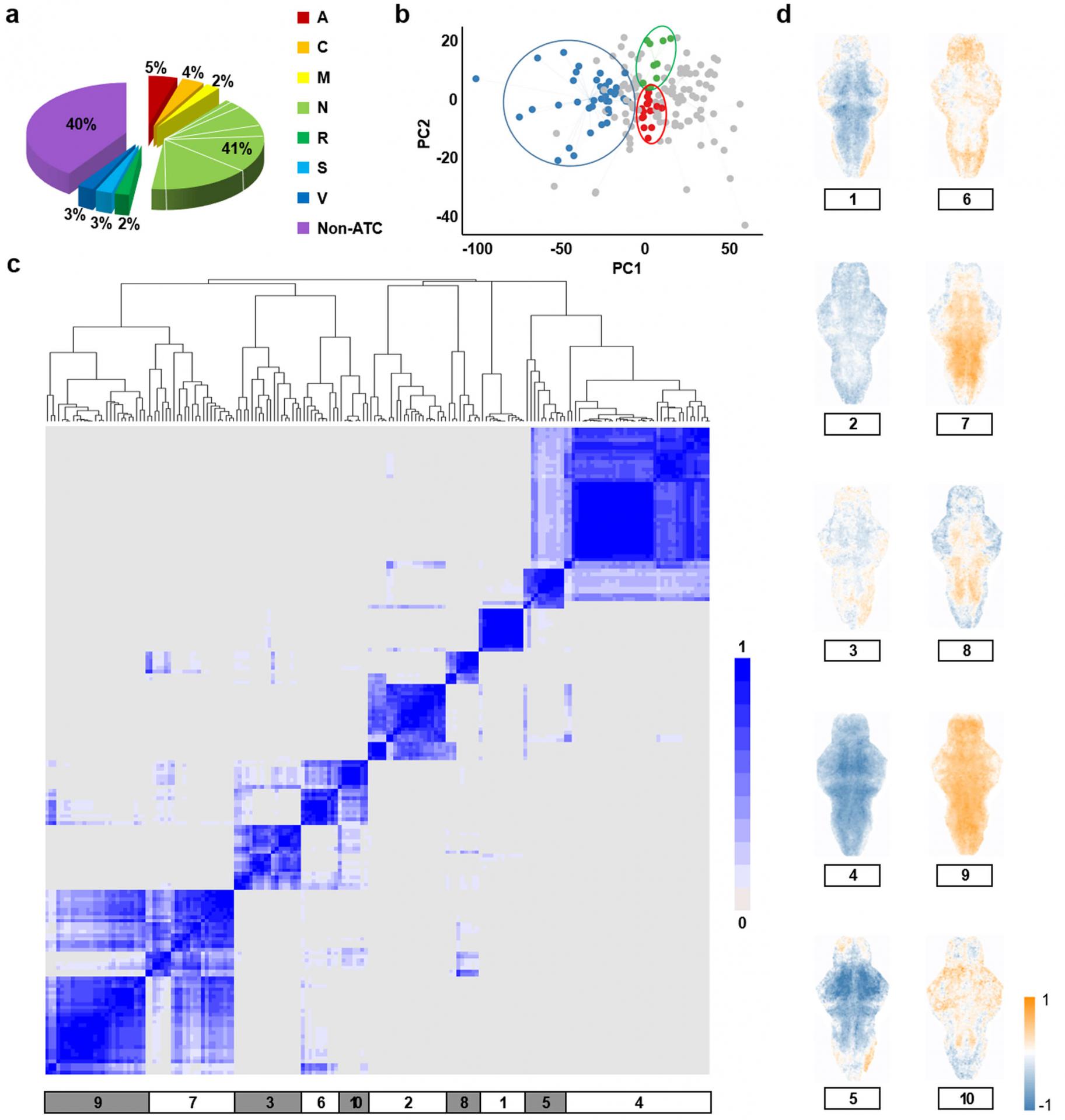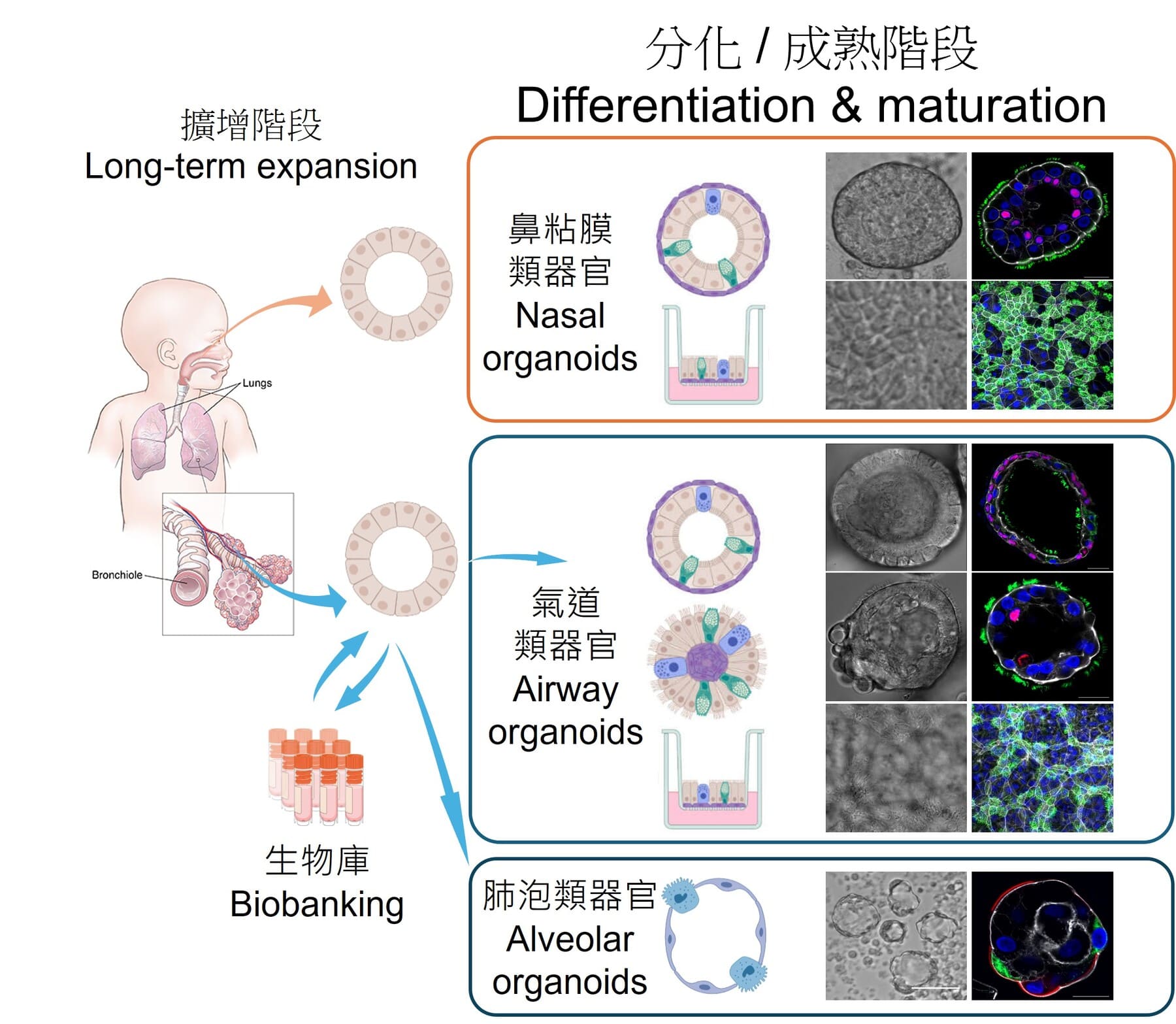
Antibacterial vaccine against acinetobacter baumannii infection

In this invention, we conjugated pseudaminic acid which is the surface glycan of A. baumannii to a carrier protein CRM197. The resulted conjugation worked as a bacteria vaccine which could stimulate high immune responses in mice and protected the vaccinated mice from infections caused by Pseproducing A. baumannii.
Acinetobacter baumannii was listed as “priority pathogens" by the World Health Organization (WHO) due to its multidrug-resistance. It is lack of effective drugs for treating acinetobacter baumannii infection.
- Through design and synthesis of pseudaminic acid glycoconjugates, a pseudaminic acid-based vaccine against Gram-negative pathogens was developed.
- It is a efficient synthetic carbohydrate vaccine against gram-negative bacteria infection.
- It is expected that Pse-based vaccines developed by this invention can be applied on other Pse-bearing Gram-negative bacteria such as Pseudomonas aeruginosa and Campylobacter jejuni.
- Acinetobacter baumannii infection
- Pseudomonas aeruginosa infection
- Campylobacter jejuni infection
Patent
- US Provisional Application
Founded in 1911, The University of Hong Kong (HKU) is the first and oldest institution of higher education in Hong Kong. For over a century, the University has dedicated itself to creating knowledge, providing education, and serving society. Today, HKU has an established worldwide reputation for being a research-led comprehensive University with ten Faculties and a strong commitment to intellectual freedom, liberty and diversity. HKU has a proud record of academic recognition in researches through honours and awards received from both local and international bodies.
